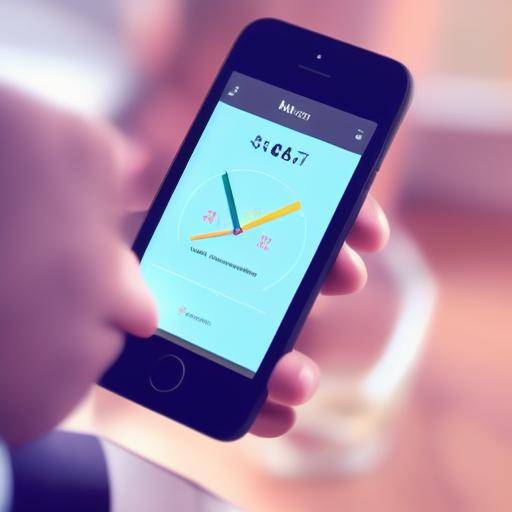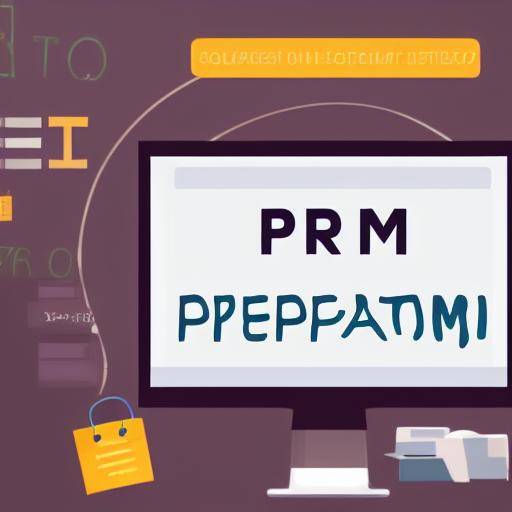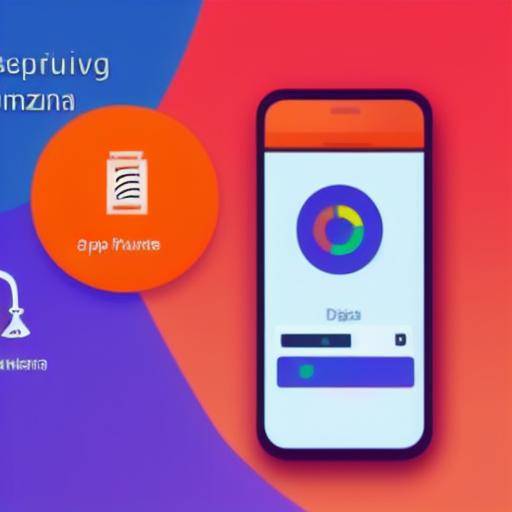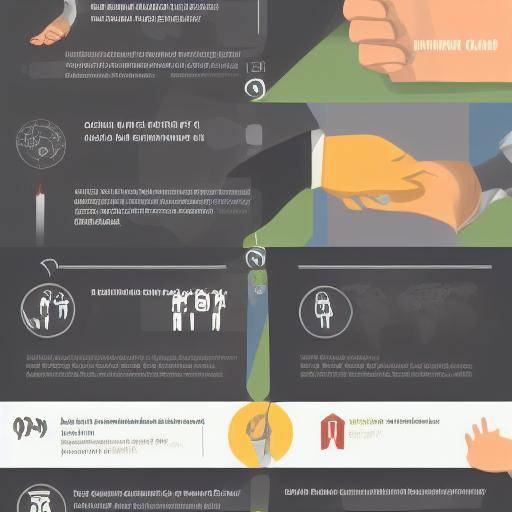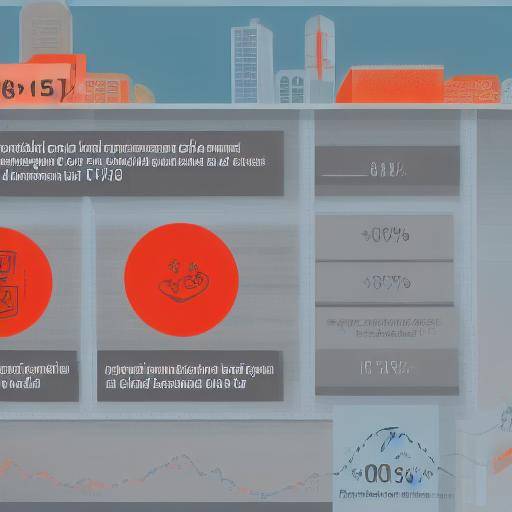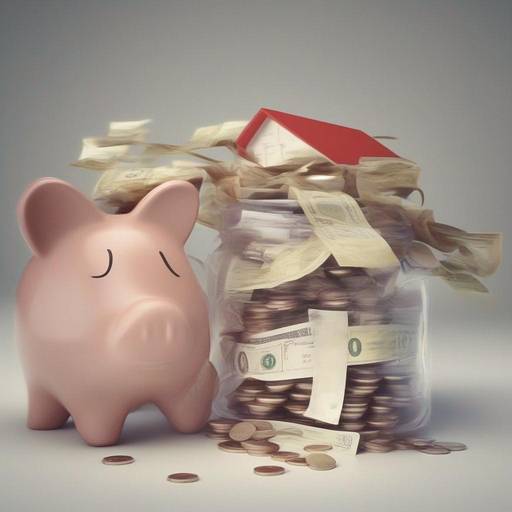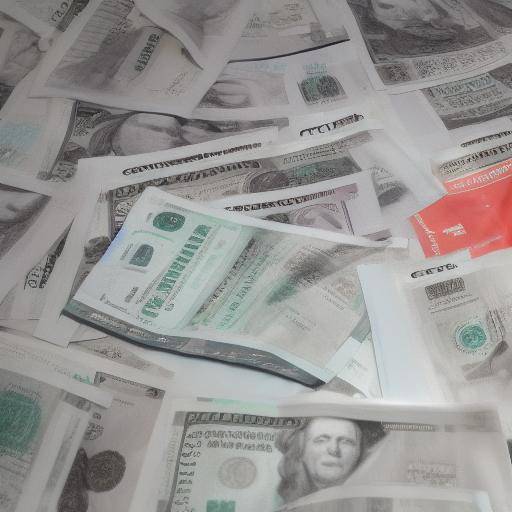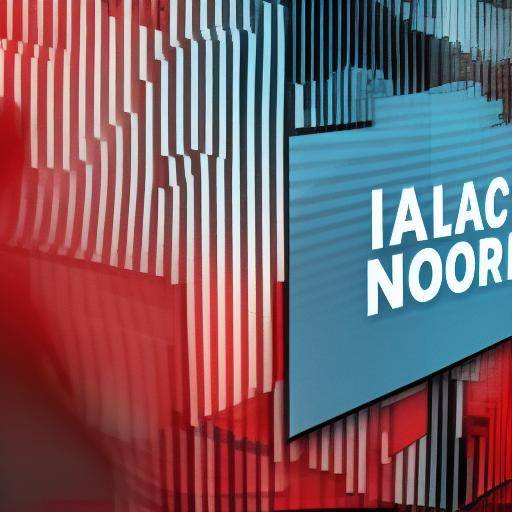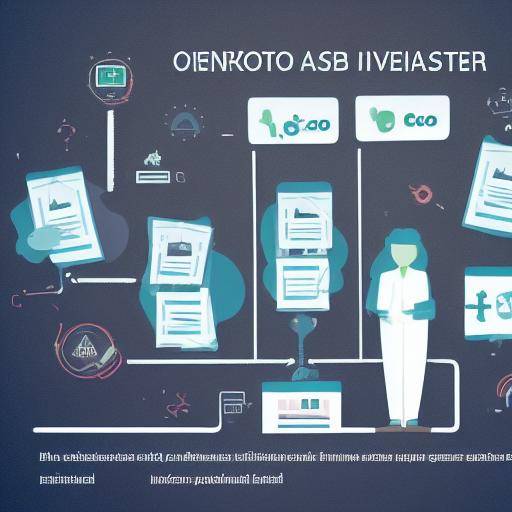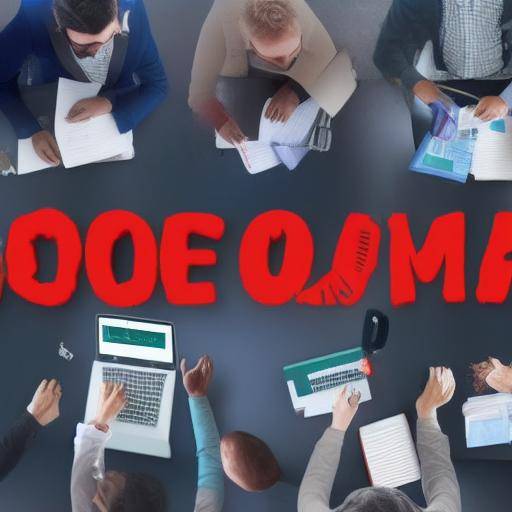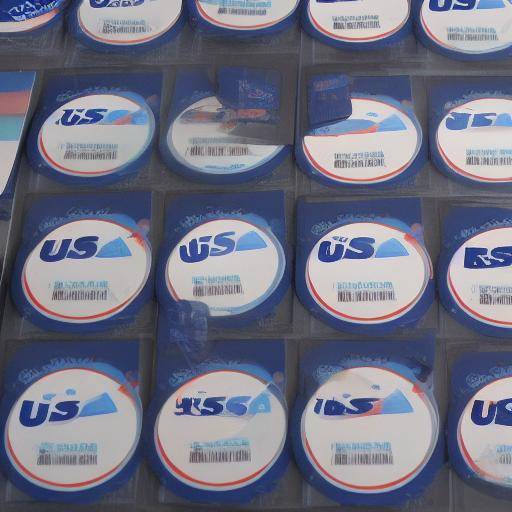
Quick loans have become a common option for many people seeking to alleviate their debts or face unforeseen expenses. However, their misuse can cause more financial problems. In this article, we will guide you through the risks associated with the inappropriate use of quick loans to pay debts, the importance of an adequate evaluation before requesting them and the smart decisions to be taken to avoid falling into a debt spiral.
Risks when using quick loans
The main risk of borrowing fast to pay debts lies in the potential of falling into a cycle of constant indebtedness. The accessibility and speed of obtaining these loans can lead to unsustainable dependence, generating excessive interests and greater long-term debts. Used irresponsibly, quick loans can exacerbate the financial situation rather than provide a solution.
Impact on credit history
Indiscriminate use of quick loans can negatively affect a person's credit history. Delays in payments or accumulation of debts may lower the credit score, thus making it difficult to obtain future loans with better conditions or approval for other financial services.
Hidden interest and charges
Quick loans are often accompanied by additional interest and charges that are not always evident in the naked eye. Some lenders may hide abusive clauses in the contract, which may result in significantly higher financial costs than expected. Lack of transparency in loan conditions is a potential risk that applicants must take into account.
Over-indebtedness
The ease with which fast loans can be obtained can lead people to fall into the temptation to accumulate multiple simultaneous debts, without an adequate assessment of their actual capacity to pay. This can trigger a dangerous cycle of over-indebtedness, risking long-term financial stability.
The importance of evaluation before applying for quick loans
Before resorting to a quick loan to pay debts, it is essential to conduct a thorough assessment of the personal financial situation. This evaluation will help determine whether the loan is really the best alternative and, if so, select the most appropriate option.
Analysis of the current situation
A careful assessment of the current financial situation is critical to understanding the extent of debt and capacity to pay. Knowing the income, monthly expenses and existing debts will allow informed decisions on the feasibility of a quick loan as a solution.
Exploration of alternatives
Before opting for a quick loan, it is important to explore other options available, such as debt renegotiation, loan consolidation or the search for financial advice. In some cases, these alternatives can offer more sustainable and less risky solutions than the use of quick loans.
Comparison of offers and conditions
Performing a detailed comparison of the quick loan offers available on the market is crucial to identifying the most favorable option. The interest rate, payment deadlines, additional charges and the reputation of the lender are variables that should be carefully evaluated to avoid unpleasant surprises.
Realistic assessment of capacity to pay
Determining accurately the capacity to pay is essential before acquiring a quick loan. A realistic evaluation will prevent engagement with monthly payments that exceed financial capacity, which could result in an even more complicated situation.
Smart decisions to avoid financial problems
Once the evaluation is completed and decided to apply for a quick loan, it is crucial to make smart decisions to minimize associated risks and maintain control over the financial situation. Here are some important considerations for making informed decisions and avoiding financial problems.
Establish a payment plan
Before acquiring a quick loan, it is essential to develop a detailed payment plan that includes the amount to be requested, the repayment time and the impact on the monthly budget. This plan will help maintain control over financial obligations and avoid delays in payments that could trigger additional charges.
Avoid impulsive use
It is crucial to avoid the impulsive use of quick loans for unnecessary or low-priority costs. Limiting the use of these loans to emergency situations or the consolidation of specific debts will help avoid unnecessary over-indebtedness.
Negotiate favourable conditions
When considering a quick loan, it is recommended to negotiate conditions with the lender whenever possible. Finding lower interest rates, flexible repayment times and eliminating additional charges can make the loan more manageable and less risky.
Monitoring financial progress
After acquiring a quick loan, it is essential to monitor closely the financial progress and be aware of the scheduled payments and expiration dates. Keeping meticulous follow-up will allow you to identify any potential problems ahead of time and take corrective action if necessary.
Conclusion
The use of quick loans to pay debts carries significant risks if they are not managed with caution and with an adequate financial assessment. However, in understanding the associated risks, conducting comprehensive assessments and making informed decisions, it is possible to use these loans responsibly and avoid falling into an endless debt trap.
By prioritizing accurate evaluation and intelligent decision-making, individuals can benefit from quick loans in a way that supports their long-term financial health. In short, the use of quick loans to pay debts can be a useful tool, as long as it is addressed with due caution and knowledge.
FAQs
What are the main risks of using quick loans to pay debts?
The main risks include falling into a cycle of constant indebtedness, negative impact on credit history, hidden interests and charges, and the temptation to over-indebtedness.
How can I properly assess whether I should use a quick loan to pay debts?
Perform a detailed analysis of your current financial situation, explore alternatives such as debt renegotiation and compare the quick loan offers available on the market before making a decision.
What are the key considerations in making smart decisions about quick loans?
It is crucial to establish a detailed payment plan, avoid impulsive use, negotiate favourable conditions with the lender and monitor financial progress closely after acquiring the loan.
How can I avoid falling into a cycle of constant indebtedness with quick loans?
Limit the use of quick loans to emergency situations or consolidation of specific debts, set a clear payment plan and monitor your financial obligations closely to avoid unnecessary over-indebtedness.
Can fast loans help improve my credit history if I manage them responsibly?
Yes, if you handle quick loans responsibly and make payments in a timely manner, this can contribute to an improvement in your long-term credit history.
What is the importance of negotiating favourable conditions when acquiring a quick loan?
Negotiating favourable conditions, such as lower interest rates and the elimination of additional charges, can make the loan more manageable and reduce associated financial risks.
I hope this article has provided a clear understanding of the risks, the importance of evaluation and smart decision-making by using quick loans to pay debts. He recalled that financial responsibility and prudence in decision-making were key to maintaining a healthy financial situation in the long term.






